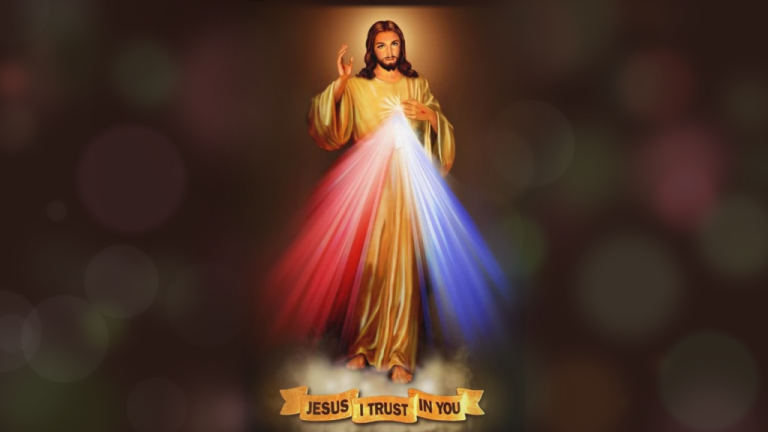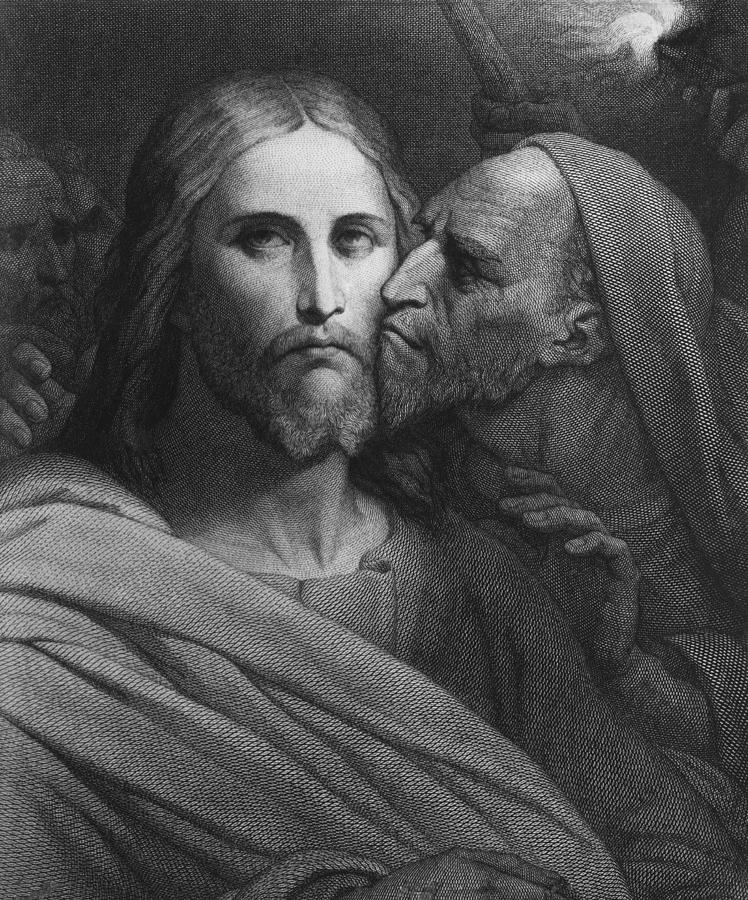Jesus said things to offend people and drive them away. “I come to divide” He said, and He clearly did separate wheat from weeds and sheep from goats.
Luke 5:17-26 shows how Jesus purposely offended paid religious professionals, Jewish scribes and pharisees from all over Judea. Instead of basing His ministry on using their helpful connections in the upper levels of the Jewish political/social/religious strata, He intentionally offended them. We learn from this passage that those with jobs as scribes and pharisees were among the first to protest what Jesus taught. They may be among the First Protestants.
“One day as Jesus was teaching, Pharisees and teachers of the law, who had come from every village of Galilee and Judea and Jerusalem, were sitting there, and the power of the Lord was with him for healing. And some men brought on a stretcher a man who was paralyzed; they were trying to bring him in and set him in his presence. But not finding a way to bring him in because of the crowd, they went up on the roof and lowered him on the stretcher through the tiles into the middle in front of Jesus. When Jesus saw their faith, he said, “As for you, your sins are forgiven.”
He Who fulfilled the prophecies said that to provoke the response He expected from the scribes and pharisees whose jobs depended on believers tithing to their synagogues. They immediately understood the threat to their jobs! Jesus said that He could forgive sins! The unavoidable implication was that Jesus was announcing that He was God! Their response was as predictable as it was goatish:
“Then the scribes and Pharisees began to ask themselves, ‘Who is this who speaks blasphemies? Who but God alone can forgive sins?’ Jesus knew their thoughts and said to them in reply, ‘What are you thinking in your hearts? Which is easier, to say, ‘Your sins are forgiven,’ or to say, ‘Rise and walk’? But that you may know that the Son of Man has authority on earth to forgive sins’- he said to the one who was paralyzed, ‘I say to you, rise, pick up your stretcher, and go home.’”
The paid, professional scribes and pharisees had the same choice that every professional Protestant has. They could look at the miracle that had taken place before their eyes. They could research the Prophets. They could have seen, as the Wise Men did, that Daniel predicted when Jesus would be born. They could have found, as every scholar knew, that Jesus was born in the predicted place, time, and prophesied Tribe and House. They could have taken Him seriously, searched for truth, brought earthly concerns to heel and come to believe and be saved.
Their vanity moved them more than the great miracle they’d seen. The first Protestants saw truth and reacted with hate: “If He can forgive sins, I could be out of work!” How would I live? What skills do I have? I need to protect my job! We have to get rid of Jesus!”
Today, many professional Protestants feel the very same way about The Only Church Jesus Founded. The very same thoughts move them to reject The Miracle of The Unchanging Doctrines in the Church still led by the successor of the man to whom Jesus said “Verily, verily I say unto you thou art Peter and on this rock I build My Church and the gates of hell shall not prevail against it. I give you The Keys to The Kingdom of Heaven.”







